designing freedom
-
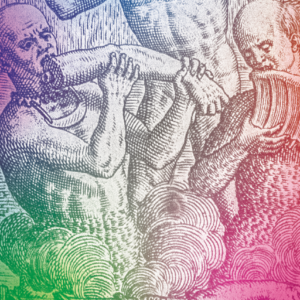
The Anthropophagic Studio: Towards a Critical Pedagogy for Interaction Design
Van Amstel, Frederick M.C and Gonzatto, Rodrigo Freese. (2020) The Anthropophagic Studio: Towards a Critical Pedagogy for Interaction Design. Digital Creativity, 31(4), p. 259-283. DOI: https://doi.org/10.1080/14626268.2020.1802295 - Jul 25, 2020 -
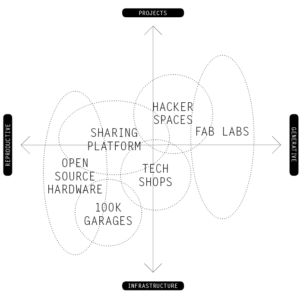 Open Design was initially introduced as an analog to Open Source Software, a concept which explains why software source code should be part of an official product release. The analogy went by stating that electronic drawings and models be released together with physical products, in the hopes of enabling modifications or self-production through digital fabrication. […] - Apr 6, 2020
Open Design was initially introduced as an analog to Open Source Software, a concept which explains why software source code should be part of an official product release. The analogy went by stating that electronic drawings and models be released together with physical products, in the hopes of enabling modifications or self-production through digital fabrication. […] - Apr 6, 2020 -
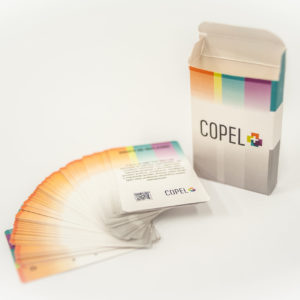 Copel+ is an open innovation platform designed for a utility company in Brazil as part of a research project that focused on organizational learning. The company had just started the transition to smart grids and realized that it was necessary to nurture the regional entrepreneurial ecosystem to populate the grid. The platform sponsors believed that […] - Mar 24, 2020
Copel+ is an open innovation platform designed for a utility company in Brazil as part of a research project that focused on organizational learning. The company had just started the transition to smart grids and realized that it was necessary to nurture the regional entrepreneurial ecosystem to populate the grid. The platform sponsors believed that […] - Mar 24, 2020 -
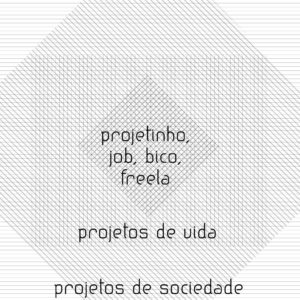 Design is often defined as a professional activity that produces physical and symbolic artifacts. However, in contemporary common parlance, the design word is also used to describe the characteristics of this professional activity’s products. Despite professionals claiming responsibility for these qualities, there is ample evidence that such qualities are not defined solely by professionals. Instead, […] - Oct 31, 2018
Design is often defined as a professional activity that produces physical and symbolic artifacts. However, in contemporary common parlance, the design word is also used to describe the characteristics of this professional activity’s products. Despite professionals claiming responsibility for these qualities, there is ample evidence that such qualities are not defined solely by professionals. Instead, […] - Oct 31, 2018 -
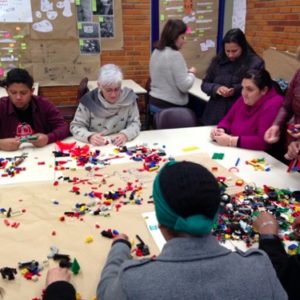
Design Livre: designing locally, cannibalizing globally
Van Amstel, Frederick M.C., and Rodrigo Freese Gonzatto. (2016) “Design Livre: designing locally, cannibalizing globally.” XRDS: Crossroads, The ACM Magazine for Students, 22(4), p.46-50. https://doi.org/10.1145/2930871 - Jun 28, 2016 -
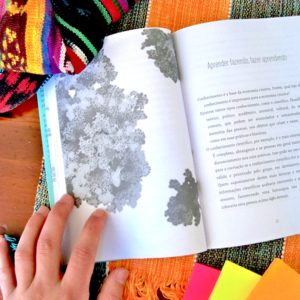 Coralizando is a collaboration guide for the creative economy. This book was written as a companion to Corais, an online platform for collaborative project management. The users of the platform suggested writing the book after the success of the Design Livre book, with the intention of feeding new platform users with the concepts for organizing […] - Sep 13, 2014
Coralizando is a collaboration guide for the creative economy. This book was written as a companion to Corais, an online platform for collaborative project management. The users of the platform suggested writing the book after the success of the Design Livre book, with the intention of feeding new platform users with the concepts for organizing […] - Sep 13, 2014 -
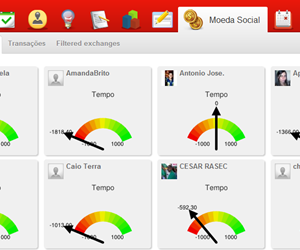
Design livre at Corais Platform: an experience in cultivating a design commons with free software
Van Amstel, Frederick; Gonzatto, Rodrigo Freese; Jatobá, Pedro Henrique. (2020) Design livre at Corais Platform: an experience in cultivating a design commons with free software. Workshop Designing commons – Commons for design (position paper), DRS 2014 conference, Umeä, Sweden. - Apr 21, 2014 -
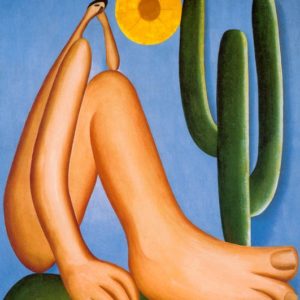
Design Livre: Cannibalistic Interaction Design
Van Amstel, Frederick M.C.; Vassão, Caio A.; Ferraz, Gonçalo B. 2012. Design Livre: Cannibalistic Interaction Design. In: Innovation in Design Education: Proceedings of the Third International Forum of Design as a Process, Turin, Italy. - Apr 9, 2012 -
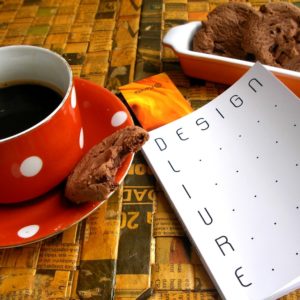 A book written by 12 people in one week using open source collaborative tools. The book’s aim is to introduce the Free Software philosophy in the Design community. I participated in helping to organize the process and designed some parts of it, like the book layout and its cover. The book is distributed as a […] - Feb 11, 2012
A book written by 12 people in one week using open source collaborative tools. The book’s aim is to introduce the Free Software philosophy in the Design community. I participated in helping to organize the process and designed some parts of it, like the book layout and its cover. The book is distributed as a […] - Feb 11, 2012 -
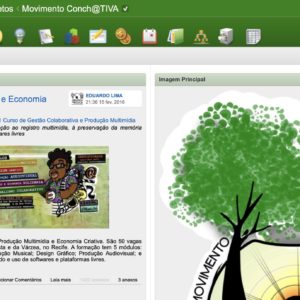 Corais was launched in 2011 as the open innovation platform of Faber-Ludens Interaction Design Institute. Since 2012, it became an independent cooperative platform for cultural producers in Brazil, maintained by Instituto Ambiente em Movimento and developed by Frederick van Amstel as an outreach activity of his academic work. An open design platform Development started from […] - Nov 14, 2011
Corais was launched in 2011 as the open innovation platform of Faber-Ludens Interaction Design Institute. Since 2012, it became an independent cooperative platform for cultural producers in Brazil, maintained by Instituto Ambiente em Movimento and developed by Frederick van Amstel as an outreach activity of his academic work. An open design platform Development started from […] - Nov 14, 2011 -
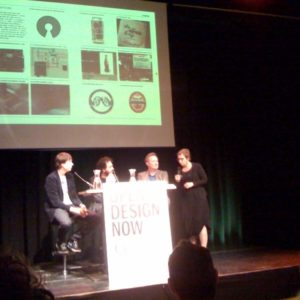
Open Design and weapons of mass destruction
Yesterday I went to the Open Design Now book launch in Amsterdam. People were so excited with the possibilities of openness, that few mentioned potential drawbacks of it. The only potential drawback discussed there was about the possibilities of not making money from it. It’s true that Open Design doesn’t have clear business models right […] - Jun 9, 2011 -
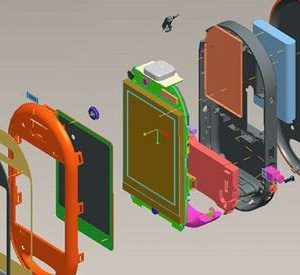
Open Design and Free Design are not the same
Design is a messy word with many different meanings. When people wants to stay focused on a practical matter, they add a noun to it: Graphic Design, Furniture Design. When they want to qualify Design, for instance, they use an adjective: Industrial Design, Good Design. It´s a simple statement that an adjective can change the […] - May 10, 2011 -
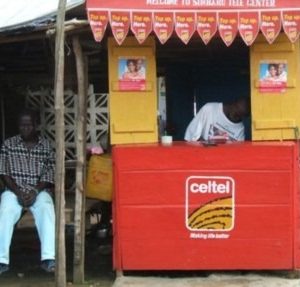
Designer’s role in a Free Design world
On the beginning of the year, I gave a talk with my friend Gonçalo Ferraz at a Design student conference about the future role of the professional designer. We envisioned a big leap in design practice, moving from designing products to designing process. Going further than Service Design and Co-design approaches, we expect that people […] - May 2, 2011 -
Free Design at Faber-Ludens Institute
Free Software communities have developed very efficient methods and tools to share programming code, however, their user interfaces are often difficult to use for people that are aside from this process. Nobody seems to know how to include Interaction Design in Free Software projects, since their development dynamics are very different. Interaction Design on […] - Feb 14, 2011